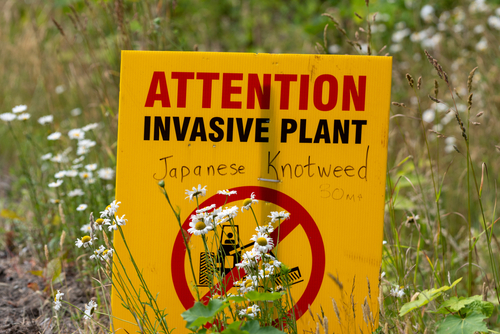
Sellers are being warned to check their home for Japanese knotweed and disclose any details after a former homeowner was sued when the property he sold was found to contain the invasive plant.
The Daily Telegraph reported on a legal case yesterday that saw a London seller sued £200,000 after his former property was found to have Japanese knotweed growing by the shed.
The seller had answered no when asked if the property had been affected by knotweed on the TA6 property form and argued that he “reasonably believed” this to be the case.
His defence was rejected and a judge awarded the buyer £200,000 costs and damages.
Commenting on the case, Nic Seal, managing director of invasive plant specialist Environet, said: “This salutary tale emphasises how vital it is that sellers check their property for knotweed before selling, if they want to avoid the risk of being sued further down the line.
“The Law Society’s TA6 Property Information Form, completed by all sellers, asks a direct question about whether a property is affected by knotweed and the accompanying guidance clearly states that in order to answer ‘No’, the seller must be certain the property is not affected, including rhizome beneath the ground and within three metres of the boundary.
“A cursory glance around the garden by an untrained eye is not sufficient. Knotweed dies back during the winter months and can even lie dormant beneath the ground for up to 20 years with no sign of growth. It also takes on a completely new appearance if chemicals have been applied in an attempt to kill it, making it harder to recognise.
“It’s the seller’s duty to determine if their property is affected by knotweed. It might be tempting to cross your fingers and hope for the best, but if it later arises and the buyer sues, you’ll be liable for diminution of the value of the property and legal costs, which can amount to hundreds of thousands of pounds. The only way to confidently state that a property is unaffected is to commission a professional knotweed survey, backed by a warranty.”
















.png)


.png)




Join the conversation
Be the first to comment (please use the comment box below)
Please login to comment